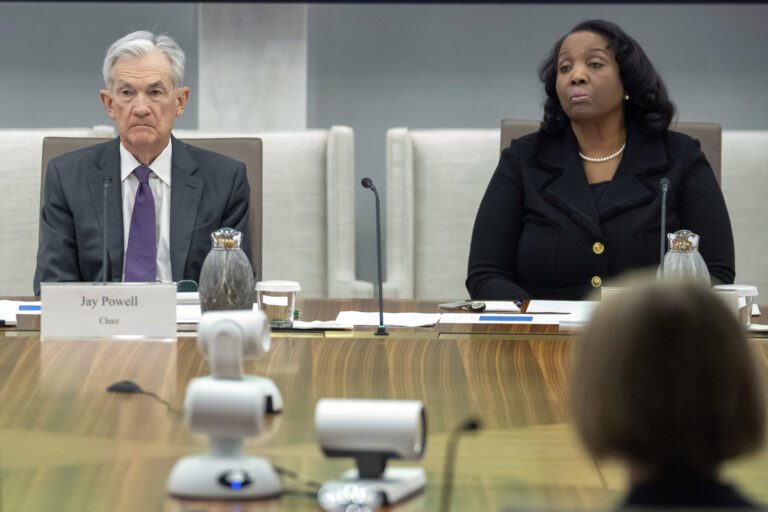Trump Appeals to Supreme Court for Authority to Remove Federal Reserve Governor Lisa Cook
Introduction
Former President Donald Trump is making a controversial move by appealing to the Supreme Court to facilitate the removal of Federal Reserve Governor Lisa Cook from her position. This action comes in response to lower court rulings that have impeded his authority to act, amid serious allegations of misconduct against Cook.
Background on the Case
Lisa Cook has been at the center of a legal dispute after accusations surfaced regarding mortgage fraud. Trump and his administration assert that Cook improperly declared two properties as primary residences. They claim:
- Property 1: Identified as a primary residence.
- Property 2: Allegedly claimed as a vacation home.
However, documents examined by Reuters suggest discrepancies in the allegations, showing that Cook had indeed classified one property as a vacation home.
Legal Proceedings So Far
The situation escalated when a federal district court judge intervened, temporarily halting Trump’s efforts to dismiss Cook. This decision was subsequently upheld by the U.S. Court of Appeals for the District of Columbia Circuit, which emphasized that Cook had not had adequate time to respond to the allegations against her.
The appellate court’s ruling highlighted essential points:
- Due Process: Judge Brad Garcia remarked, "The government does not dispute that it failed to provide Cook with even minimal process before she was purportedly removed."
- Fifth Amendment Violation: The court stated that attempting to remove Cook likely violated her Fifth Amendment rights.
Trump’s Stance and Justice Department’s Argument
In the appeal to the Supreme Court, the Justice Department contends that the lower court’s ruling constituted "improper judicial interference" with presidential authority. The DOJ emphasizes the following:
- Presidential Powers: They argue that the court’s interference undermines the executive’s core Article II powers.
- Judicial Overreach: The lawyers described the ruling as "untenable," suggesting it would lead to judicial micromanagement in sensitive presidential decisions.
The government’s perspective on federal statute indicates that Trump’s removal of Cook is permissible, as long as he cites valid reasons beyond mere policy disagreements.
Conclusion
As the legal battle continues, the Supreme Court’s decision will be crucial in determining the extent of presidential authority concerning appointees, particularly in financial institutions like the Federal Reserve. This case touches on broader themes of accountability, due process, and the checks and balances inherent in the U.S. government.
For the latest news on the legal implications of presidential powers and financial oversight, visit ABC News and The Wall Street Journal.
Stay informed: Follow ongoing developments surrounding Lisa Cook and the Federal Reserve to understand the evolving landscape of U.S. governance.


